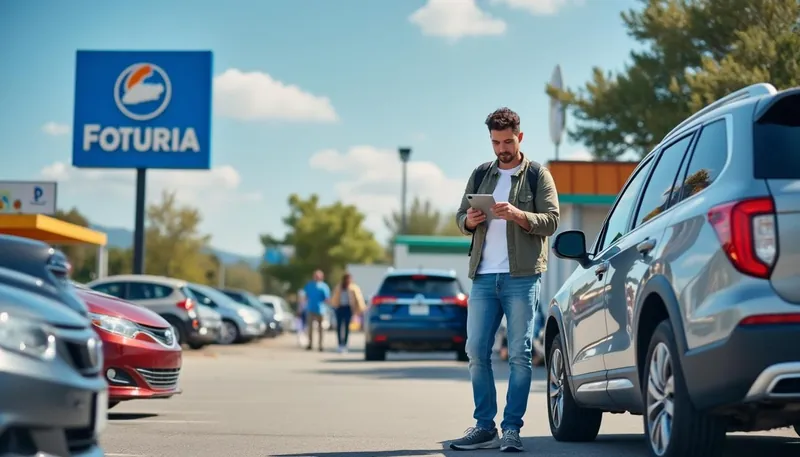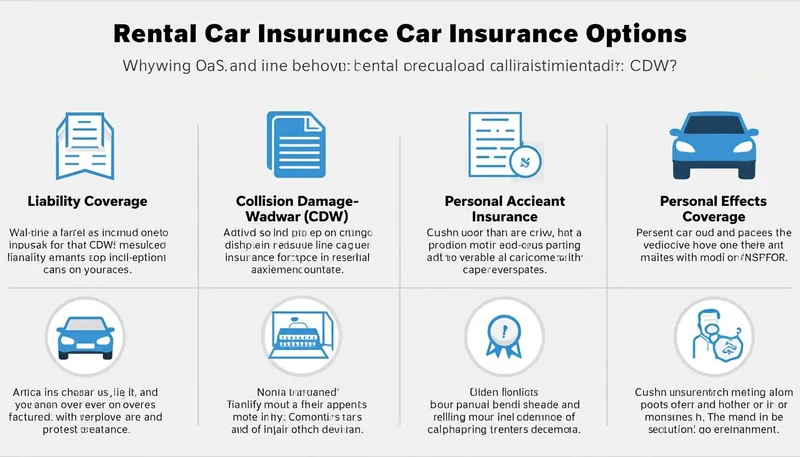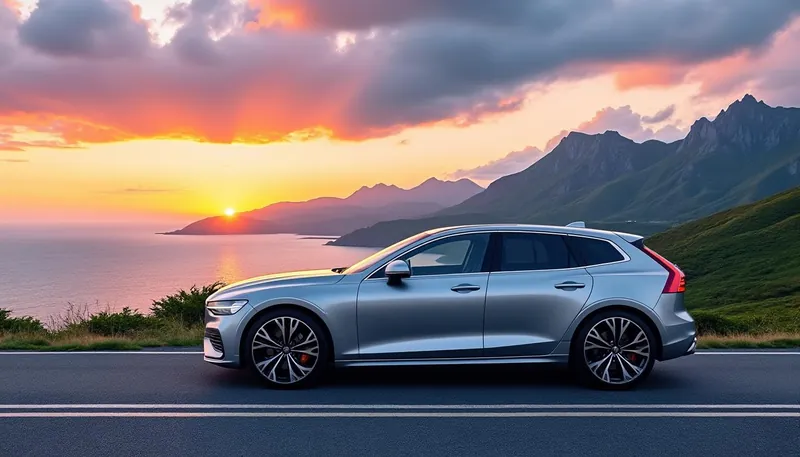For many, renting a car for the first time can seem daunting. There’s an array of choices, terms to understand, and steps to follow. But worry not! With a bit of insight and the right tools at your fingertips, the car rental process can be as smooth as a well-oiled engine. Whether you’re planning a family road trip, a weekend getaway, or just need a vehicle for a couple of errands, knowing what to expect will set you up for success. Let’s dive into the nitty-gritty of how car rental works for first-time customers.
Brief
- Choosing the right car is crucial for your trip 🚗
- Understanding rental terms and conditions can save you money 🏷️
- Insurance options are essential for peace of mind 🛡️
- Always inspect the car before driving it off the lot 🔍
- Returning the car on time and in good condition can prevent extra fees ⏰
Choosing the Right Car for Your Needs
The first step in the rental process is carefully selecting a vehicle that caters to your specific needs. Rental companies typically classify their vehicles into various categories, making it easier for you to find the perfect fit. Here’s a breakdown of common categories you’ll encounter:
| Car Type | Description | Best For | Examples |
|---|---|---|---|
| Economy | Fuel-efficient and budget-friendly | Short trips or city driving | Ford Fiesta, Toyota Yaris |
| SUV | More space and power | Off-road adventures or family trips | Chevrolet Tahoe, Honda CR-V |
| Luxury | High-end features and comfort | Special occasions | Mercedes-Benz S-Class, BMW 5 Series |
| Compact | Small and easy to maneuver | Urban driving | Volkswagen Golf, Honda Civic |
When deciding on a vehicle, think about the number of passengers, the type of terrain you’ll be driving on, and any weather conditions expected during your trip. For instance, if you’re heading into the mountains during winter, an SUV or vehicle equipped with all-wheel drive would be a wise choice. Additionally, some rental companies like Enterprise Rent-A-Car or Hertz offer unique vehicles like convertibles or sports cars for those looking to make a statement on the road. Remember to assess your luggage as well, as this may influence your car choice.

Selecting a Rental Company and Making a Reservation
With so many car rental companies out there, how do you choose the right one? Renowned names such as Avis, Budget, National Car Rental, and others often dominate the scene, but don’t shy away from smaller, local companies too. They can sometimes offer better deals and exceptional service. Always check out reviews online to gauge customers’ experiences.
Once you’ve honed in on a rental company, it’s time to secure your reservation. Here’s a checklist of what information you’ll typically need:
- Rental dates and times 📅
- Preferred car type 🚘
- Pickup and drop-off locations 🏢
Booking ahead generally gives you access to better rates and guarantees that your desired vehicle is available. A tip? Keep an eye out for promotional deals and early bird discounts! Many companies offer savings for those who plan their trips in advance. Additionally, be wary of any hidden fees that might crop up during your reservation.
Understanding Insurance and Additional Services
Insurance is a vital component of the car rental process that shouldn’t be overlooked. Rental companies typically offer various insurance options, so it’s crucial to grasp what each covers. Here’s a simplified overview:
| Insurance Type | Description | Coverage |
|---|---|---|
| Collision Damage Waiver (CDW) | Reduces liability for damage to the rental car | Damage costs up to the car’s value |
| Liability Insurance | Covers damages to other vehicles or property | Minimum state requirements |
| Personal Accident Insurance | Covers medical expenses for you and passengers | Medical costs due to accidents |
| Theft Protection | Protects against the vehicle being stolen | Cost of the vehicle if stolen |
When choosing insurance, examine your existing policies; you may already be covered through personal auto insurance or credit card benefits. Additionally, think about any added services you may require, such as GPS units, toll passes, or baby seats. While convenient, many of these extras can come with an added cost.

Car Pickup and Inspection Process
After making your reservation, you’ll finally reach the moment of picking up your vehicle. Exciting, right? But hold up! Before you drive off, it’s essential to conduct a thorough inspection of the car.
Here’s a checklist to help you during this crucial step:
- Check the car’s exterior for scratches or dents 🔍
- Inspect the interior for cleanliness and any items left behind 🧹
- Note the mileage reading to avoid overage charges 📏
- Ensure the fuel level aligns with the rental agreement ⛽
Most companies operate with a full/full fuel policy, meaning you return the vehicle with the same fuel level it had upon pickup. Additionally, don’t forget to gather all essential documents, including your reservation number, valid driver’s license, and a credit card in your name. Being prepared will help you avoid any hiccups at the counter!
Returning the Car and Avoiding Extra Charges
As your rental period winds down, returning the car is just as important as picking it up. To ensure a hassle-free return, keep these factors in mind:
- Return the vehicle on time to prevent late fees ⏰
- Refuel before dropping it off to avoid inflated refueling costs ⛽
- Make sure the car is clean to evade cleaning fees 🧼
- Double-check for personal belongings before leaving the lot 🎒
Upon returning the vehicle, a representative will typically conduct a quick inspection. If everything checks out, you’re golden! However, if issues arise, such as damage that wasn’t noted at pickup, you might face additional charges. It’s best to remind yourself of the original condition of the vehicle prior to driving off to avoid surprises during the return process.
What documents do I need to rent a car?
You need a valid driver’s license, a reservation number, and a credit card in your name to complete the rental process.
Can I rent a car without a credit card?
Most rental companies require a credit card for security deposits. However, some may accept debit cards or offer alternatives, so check with your chosen company.
What should I do if I have an accident in a rental car?
Contact the rental company immediately to report the accident and follow their instructions about insurance coverage.
Are there age restrictions for renting a car?
Yes, most companies require renters to be at least 21, and those under 25 may incur a young driver fee.
Can I add an additional driver to my rental agreement?
Absolutely! You can add an additional driver for an extra fee, but ensure they meet the company’s requirements.


